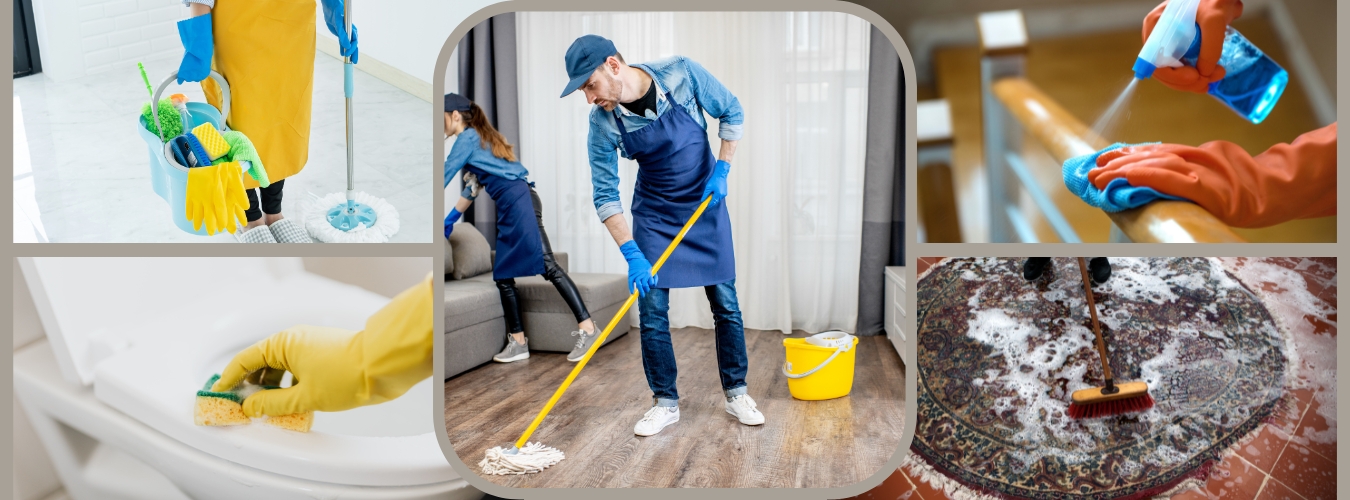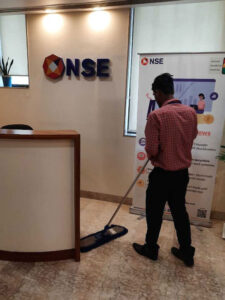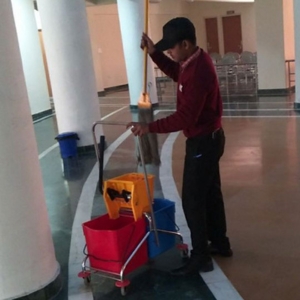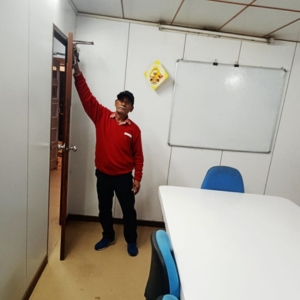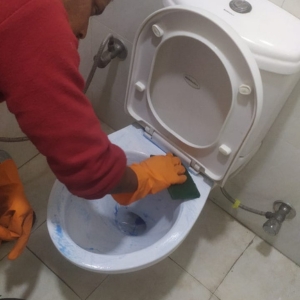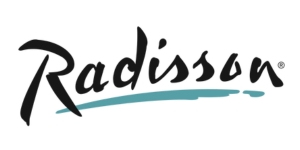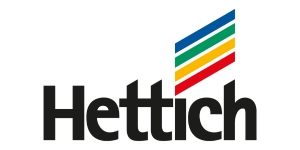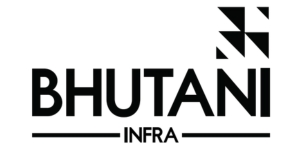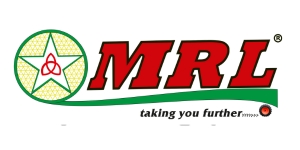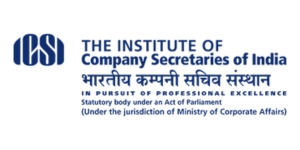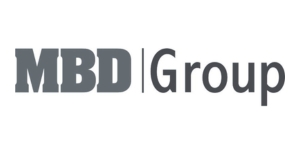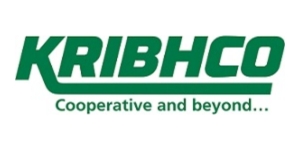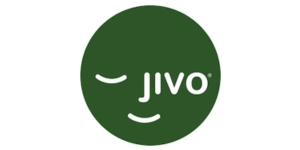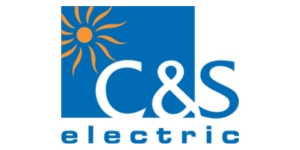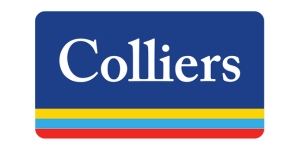Importance and Responsibilities of a Professional Housekeeping Service Agency
What is Housekeeping?
Housekeeping is a fundamental aspect of maintaining cleanliness, order, and hygiene in commercial & residential spaces. It encompasses a wide range of activities aimed at creating a clean, comfortable, and visually appealing environment. These tasks can include cleaning floors, surfaces, furniture, managing laundry, waste disposal, and overall upkeep of the premises.
Importance of Housekeeping:
The significance of housekeeping extends beyond mere cleanliness. Here are some key reasons why housekeeping is essential:
Health and Safety:
Effective housekeeping practices contribute to a healthy and safe living or working environment. Regular cleaning and proper disposal of waste help prevent the spread of germs, allergens, and diseases. It minimizes the risk of accidents, such as slips and falls, by maintaining clutter-free spaces.
Enhanced Productivity:
A well-organized and clean environment fosters productivity and efficiency. It promotes a positive mindset, reduces distractions, and enables individuals to focus on their tasks or activities without unnecessary disruptions.
Positive Image and Reputation:
In commercial settings like hotels, restaurants, or office spaces, cleanliness and orderliness significantly impact the reputation and perception of the establishment. A clean and well-maintained space creates a positive impression on visitors, clients, and customers, enhancing overall satisfaction and loyalty.
Longevity of Assets:
Regular maintenance and cleanliness contribute to the longevity of various assets, such as furniture, flooring, appliances, and fixtures. By preventing dirt, dust, and grime buildup, housekeeping helps preserve the quality and functionality of these items, reducing the need for frequent repairs or replacements.
Responsibilities of a Housekeeping Agency
A professional housekeeping agency is entrusted with several crucial responsibilities to ensure the smooth functioning and cleanliness of a space. These responsibilities typically include:
Cleaning and Sanitization:
Thorough cleaning of floors, surfaces, windows, and furniture using appropriate cleaning agents and techniques. Regular sanitization of high-touch areas like doorknobs, light switches, and handrails to maintain hygiene.
Waste Management:
Proper collection, segregation, and disposal of waste in accordance with local regulations and sustainability practices. This includes recycling, composting, and ensuring the cleanliness of trash bins and receptacles.
Laundry and Linen Management:
Handling and laundering of towels, bed linens, and other fabrics, ensuring their cleanliness, freshness, and prompt replacement when necessary.
Inventory Management:
Maintaining adequate stocks of cleaning supplies, toiletries, and other necessary items. This involves inventory tracking, timely reordering, and ensuring proper storage.
Specialized Cleaning:
Undertaking specialized cleaning tasks such as carpet cleaning, upholstery cleaning, and deep cleaning of specific areas or equipment as required.
Staff Training and Supervision:
Recruiting, training, and managing a team of skilled housekeeping professionals who can efficiently carry out their responsibilities. Providing ongoing supervision, feedback, and performance evaluations to maintain high standards.
Conclusion
Housekeeping is an integral part of any commercial or residential space, contributing to cleanliness, health, and overall well-being. By understanding its importance and engaging a reliable housekeeping agency, individuals and businesses can ensure a clean, safe, and inviting environment for all.

